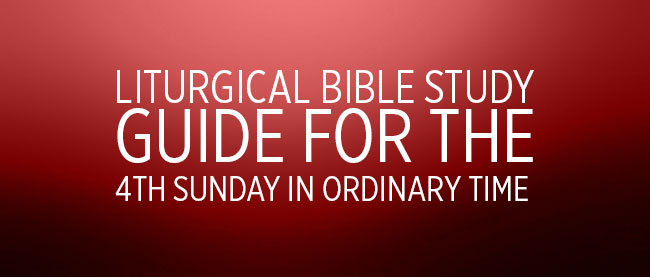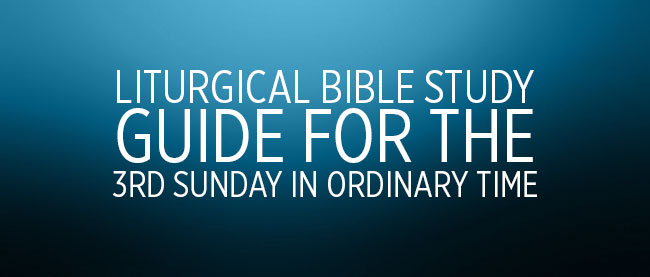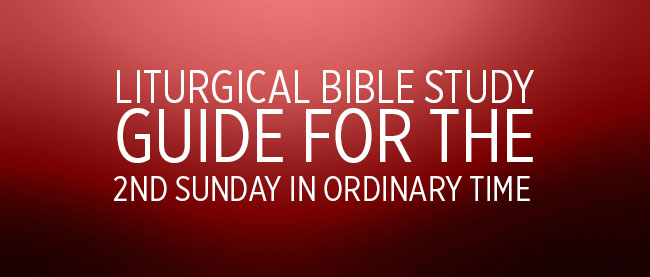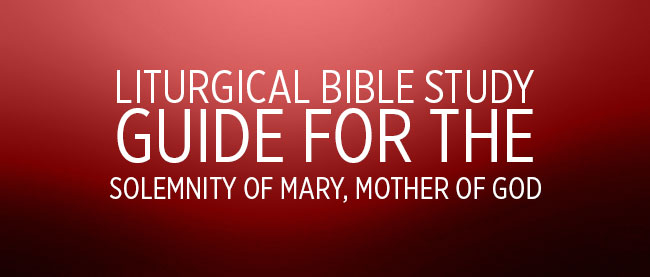Liturgical Bible Study Guide: 5th Sunday in Ordinary Time Cycle A

1st Reading – Isaiah 58:7-10 Until the 18th century it was presumed that Isaiah of Jerusalem wrote all 66 chapters of the book which bears his name. The tradition of single authorship was first questioned around the year 1167 but serious questions were not raised until the late 1770’s and early 1780’s. At that time […]
Liturgical Bible Study Guide: 4th Sunday in Ordinary Time Cycle A

1st Reading – Zephaniah 2:3, 3:12-13 Zephaniah (means “Yahweh protects”) is possibly a descendent of King Hezekiah. He prophesied in Josiah’s reign (640-609 B.C.), when there was an attempt, serious but of limited success and duration, to undo the apostasy of Josiah’s predecessor Manasseh who was the son and successor of Hezekiah. Manasseh was the […]
Liturgical Bible Study Guide: 3rd Sunday in Ordinary Time Cycle A

1st Reading – Isaiah 8:23 – 9:3 Today we hear from a portion of Isaiah called the “Book of Emmanuel.” This book encompasses chapters 7 through 12. The portion we read from today is titled “The Prince of Peace.” The events described in Chapters 7 through 12 took place between 735 and 733 B.C. It […]
Liturgical Bible Study Guide: 2nd Sunday in Ordinary Time Cycle A

1st Reading – Isaiah 49:3, 5-6 The Jerusalem Bible titles this reading “The Second Song of the Servant of Yahweh”. There are four servant songs in Isaiah (42:1-7; 49:1-7; 50:4-9; 52:13-53:12). They describe poetically the person (or nation) that will bring people to an awareness of God’s power, justice, and love. The servant will do […]
Liturgical Bible Study Guide: Solemnity of Mary, Mother of God Cycle A

Introduction According to The Compact History of the Catholic Church by Alan Schreck, “The Bishop of Alexandria, Nestorius, denied that Mary could be called theotokos, meaning “God bearer” or Mother of God. He was part of a theological group called the school of Antioch, which did not want to risk any confusion between the divine […]
